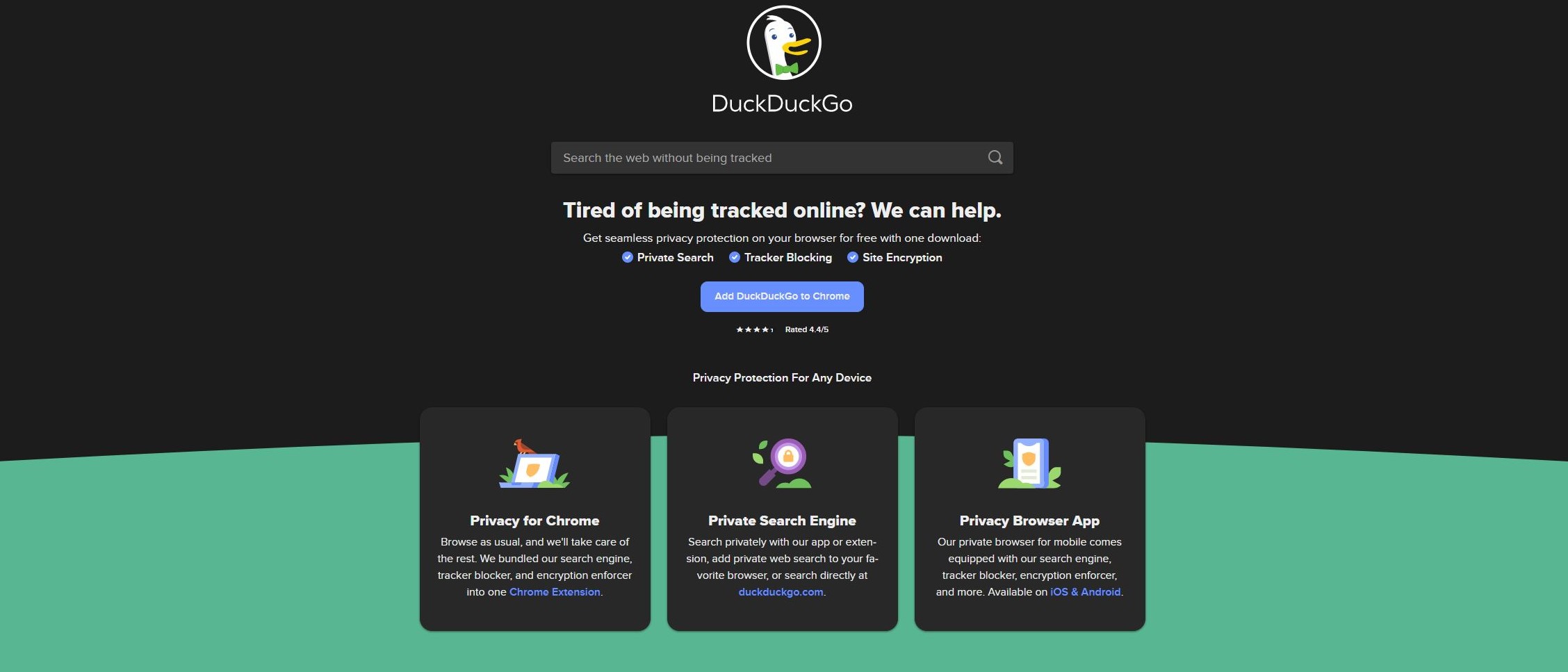


For this, the provider gathers, saves, and associates the aggregated data with your data profile. What is a private search engine?Ī search engine can disclose your private data like employment status, political beliefs, medical conditions, financial information, and other personal information. The basis of the web search is a database of indexed sites created by the respective provider. These web applications enable internet users to search the World Wide Web and get a list of results matching their search query. When we speak of a search engine, we usually mean internet search engines. Continue reading to read about all in detail. It allows users to combine the displayed results as cloud, a group, or on one screen. Yippy: A metasearch tool with the ability to query multiple search engines.It has positioned everything outside of the EU and the US geographically. SwissCows: An innovative, secure research solution that does not store your data.It boasts a 100% transparent privacy policy and does not bombard users with targeted ads based on their searches. DuckDuckGo: Most well-known user-friendly private search tool.Check out our list of three best secure searching options you can use today: Quick list of alternative search engines that won’t track youĪre you in a rush? No problem. On the contrary, not too long ago, in September 2019, Google was accused of feeding advertisers with the personal data of users.ĭo you want to search the web without compromising your privacy? Then you better use one of the privacy-focused search engines that we will cover in this article.īut before that, let’s uncover some essential basics. These popular search engines keep saying they use your information only to ‘ make adverts relevant‘ and do not sell user data to any third party. In other words, the larger search engines (that are not private) collect data on what ads you click, the videos you watch, your location, cookie data, IP address, and device information. To give you an idea below is some of the information that Google and other widely-used search engines gather when you use them: Therefore, unless you use a secure search engine, your information ends up in the hand of a third party, and you (the user) becomes the product.

Precisely, all the top search engines like Google serve as data compilation tools for advertising companies helping them go on you with targeted ads. Rather, the relatively less popular tools like Yahoo, Bing, and others also practice the same money-making strategy, i.e., monetizing users’ data. Also, this hints at the potential treasure trove of data Google holds because, as you’d already know, it tracks your searches.īut that doesn’t make it the only search engine responsible for breaching users’ privacy. These stats show how dominant Google is in the market. And the number of people using the search giant daily comes to more or less 1.7 billion. While the laptop/desktop share of Google stands at a slightly lower number being 87.32%, it is still the leading search engine there, too.Īccording to the industry estimates by the Internet Live Stats, Google handles almost 3.5 billion searches a day on average. As of June 2021 statistics, it attracts 95.08% of mobile search traffic worldwide. When someone refers to search engines, you can safely assume they are talking about Google. No matter which search engines you use, your searches are never private unless you seek more secure alternatives. It covers why an encrypted search solution is needed in this digital age, some genuinely private search engines to use in 2021, and a quick checklist to let you complete your online security puzzle.ĭo you think searching on Google merely in incognito mode actually keeps your searches private? Not really. This detailed guide aims to provide you with the best search engines that respect your privacy.


 0 kommentar(er)
0 kommentar(er)
